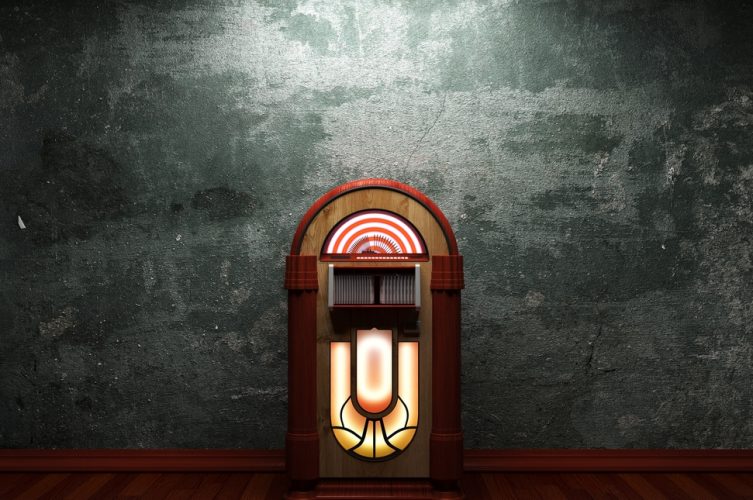New Study Calls for Music as Dementia Treatment
A new study has found that hundreds of thousands of people with dementia could experience an improved life with a simple, non-drug medicine: music. The study, carried out by the International Longevity Centre think tank and the Utley Foundation, a private family trust, analyzed existing reports and spoke to experts about how music can help dementia patients with memory recall and reduce symptoms that are uncomfortable for both patients and caregivers, like agitation, anxiety and aggression.
The report highlighted that not enough funding was devoted to music therapy, and most people with dementia do not have access to it.
According to the report, music is both anecdotally and clinically helpful. A wife of a man with frontotemporal dementia described music as the thing that ” … can bring a smile when other attempts at communication fail, & can bring use of language, i.e., singing, when normal speech fails.” Another woman, who cares for her 62-year-old husband with dementia, said, “Music is now the one thing I can share with my husband that seems to give him pleasure.”
The report homed in on the kind of music that is most effective in relieving symptoms of dementia, based on what is known as a memory bump for music. People with dementia retain the best memories of music from when they were between 10 and 30 years old.
The research isn’t just focused on helping to alleviate symptoms; some scientists have found that music could be used to exercise the brain in ways that delay dementia, which the report said could save a lot of money. “Looking at Alzheimer’s alone, if we could delay the onset by 5 years then it is estimated that £100bn [about 1.4 billion USD] could be saved between 2020 and 2035,” said the report.
But most patients are not utilizing music therapy, despite its relatively low cost. The report found only five percent of care homes use music therapy.
“People with dementia often live in a silent world,” said Neil Utley, trustee of the Utley Foundation. “Yet music can bring a person back to life. The ability to connect to music is an innate aspect of being human; having a diagnosis of dementia need not undermine this.”
Read the study here.
